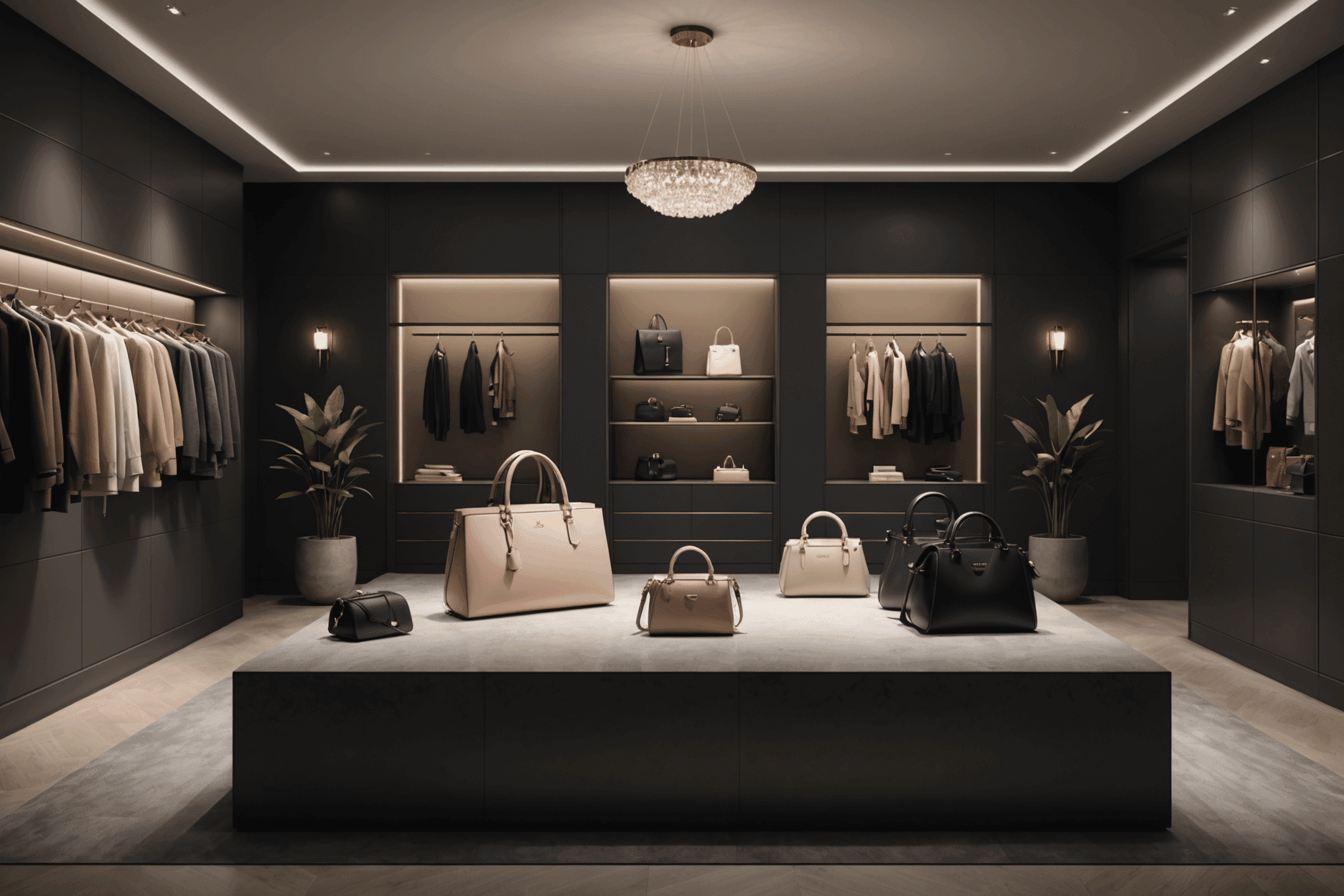Luxury brands excel at creating exceptional customer experiences by leveraging psychological principles to shape perceptions of value. Instead of focusing solely on the objective features of their products, they craft an emotional and aspirational narrative that enhances perceived value. Here are several strategies luxury brands use, supported by real-life examples:
1. Exclusivity and Scarcity
Luxury brands often create a sense of exclusivity by limiting the availability of their products. This scarcity drives demand and enhances perceived value. For instance, brands like Hermès with their iconic Birkin bag maintain a limited supply, making it a status symbol. The long waitlists and selective selling practices make customers feel special, enhancing their emotional connection to the brand.
2. Personalized Experiences
Luxury brands prioritize personalized customer service to create memorable experiences. Ritz-Carlton hotels, for example, empower employees to spend up to $2,000 to personalize guest experiences. This could mean arranging a surprise birthday celebration or fulfilling special requests, making guests feel valued and appreciated.
3. Storytelling and Heritage
Luxury brands often rely on storytelling to communicate their heritage and craftsmanship. Rolex effectively uses its history in precision and luxury to evoke emotions associated with achievement and success. By sharing stories about their watchmaking process, Rolex not only emphasizes quality but also connects with customers on an emotional level, enhancing perceived value.
4. Ambience and Environment
The physical environment plays a significant role in shaping customer perceptions. Stores like Chanel create luxurious atmospheres with elegant decor and attentive staff. The sensory experience—from the music played in-store to the scent—enhances the overall feeling of luxury, making customers perceive a higher value in their products.
5. Brand Community and Loyalty Programs
Creating a sense of community fosters loyalty. Brands like Louis Vuitton engage customers through exclusive events and loyalty programs that make them feel part of an elite group. By hosting private previews or personalized shopping experiences, they enhance the emotional investment customers have in the brand.
6. Endorsements and Celebrity Influence
The association of luxury brands with celebrities also elevates perceived value. For instance, when celebrities like Ariana Grande are seen wearing Dior or Gucci, it boosts the brand’s allure and desirability. This influence shifts the focus from the product’s objective qualities to the lifestyle and status associated with the brand.
In this, I Dr.Martin Luther MAWO believe thata, luxury brands succeed in creating strong emotional connections with their customers by employing psychological strategies that emphasize perceived value over objective value. Through exclusivity, personalization, storytelling, immersive environments, community building, and celebrity endorsements, they ensure a memorable customer experience that resonates deeply. This approach not only enhances customer satisfaction but also fosters brand loyalty, making luxury brands thrive in a competitive marketplace.




